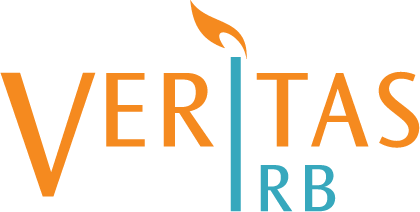The desire to contribute to our current understanding of drugs, disease and the human body is very noble. Along with this desire must be a commitment to become qualified to conduct clinical research properly.
You can’t learn on the job
When I began managing clinical research studies 25 years ago, a Clinical Investigator was a key opinion leader selected by the study sponsor. Good Clinical Practice guidelines were not fully developed or adopted by North American regulatory authorities, and although untrained – everyone was an expert!
These pioneer Clinical Investigators honed their skills on the job. Many made mistakes. Today’s clinical research environment does not tolerate mistakes, because, simply put, mistakes made while conducting a clinical research study have the potential to bring harm to research participants and, in another vein, to affect study timelines and the integrity of the research data.
Study sponsors and CROs seek out qualified Clinical Investigators in order to minimize risks in a clinical research study. Furthermore, you will not be approved by an accredited IRB to conduct a clinical research study unless you are qualified to do so. This qualification goes beyond your skills as a doctor in your field of expertise.
During a study, you serve two masters – medicine and science. At any time, your Clinical Investigator cap could be replaced with your doctor cap in order to serve the best interest of your patient. And what is in the best interest of your patient may conflict with your research. Once this concept is understood and respected, the process of qualification can begin.
Formal training or DIY?
Becoming qualified to conduct clinical research is not something you can accomplish overnight. Regardless of the training path you choose, you will need to commit a significant amount of time and resources to the process. It is important that you document your training thoroughly. Whether you attend a course or take one online, be sure to receive a training certificate. Other types of training may not lead to a certificate – but these must be documented as well.
Uncustomary forms of training will help you to stand out from your peers. Volunteering as a research participant in a clinical study or sitting as an observer on an IRB will give you a perspective that Clinical Investigators seldom achieve.
If you anticipate delegating any of your clinical research duties to others, the requirement for qualification extends to them as well. As a Clinical Investigator, you bear the responsibility for the actions of your research team. Having a practical set of standard operating procedures will ensure that your research team members understand what is expected of them and limit any ambiguities in research standards.
Strive for excellence!
Qualification is a process, not a goal. Trial designs and the ethics of conducting them are evolving as we challenge traditional research paradigms in search of targeted therapies. Becoming proficient in clinical research means that you are continually learning and putting your knowledge into practice.


